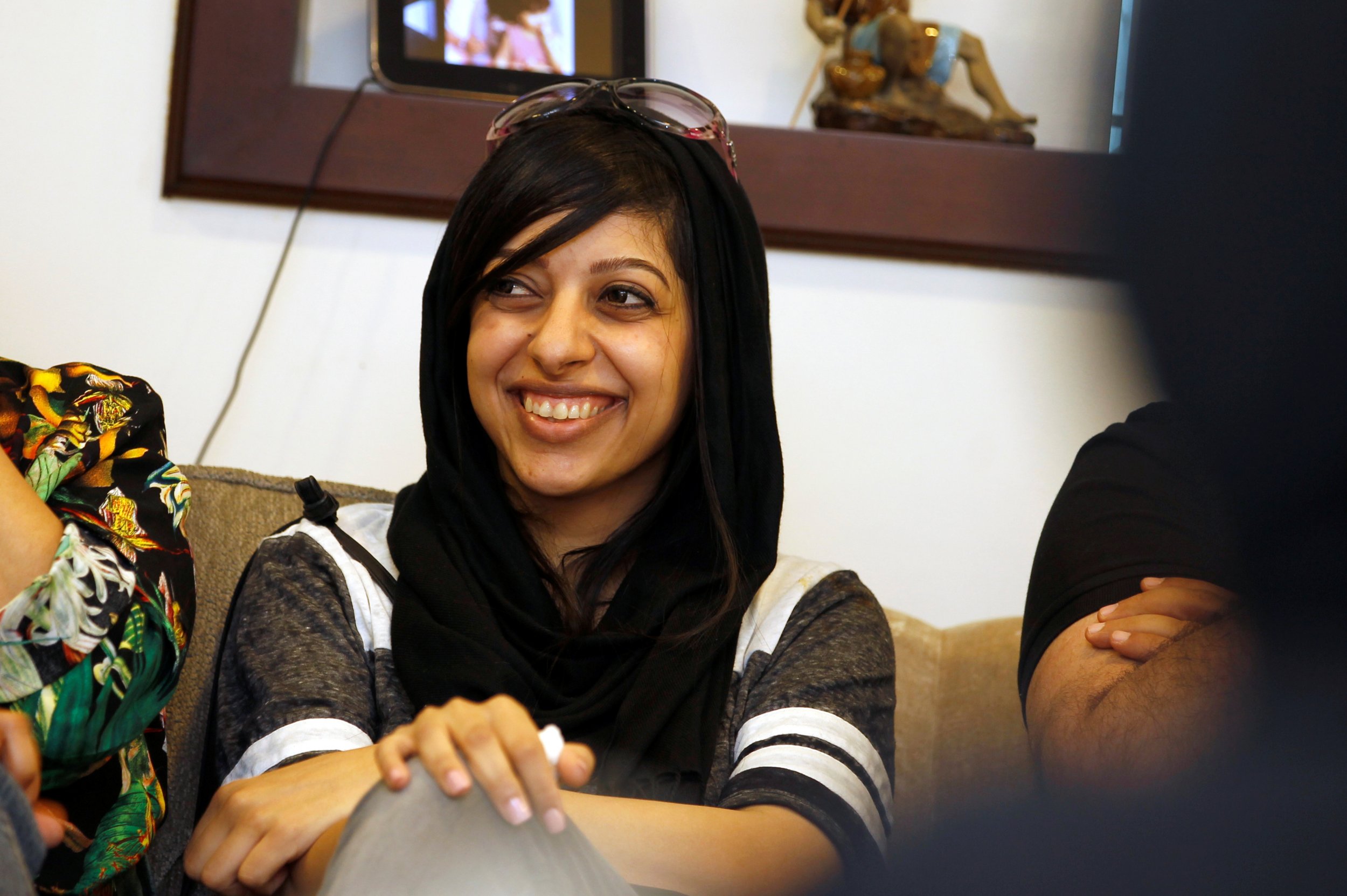
This article first appeared on the Council on Foreign Relations site.
The Project on Middle East Democracy sums up last week in Bahrain.
First, "a Bahraini court ordered the suspension of all activities by Al-Wefaq, the island-nation's largest opposition party. The Justice and Islamic Affairs Ministry, which asked the court to issue the order, said Al-Wefaq's shuttering was needed to "safeguard the security of the kingdom."
Second, "Bahraini authorities arrested prominent activist Nabeel Rajab at his home during the early hours of the morning of Monday, June 13. Rajab is the president of the Bahrain Center for Human Rights and the founder of the Gulf Center for Human Rights, and he has reportedly been charged with 'spreading false news.'"
Third, "human rights activist Zainab al-Khawaja was forced to flee Bahrain after her recent release from prison, saying that the government told the Danish Embassy that if she did not leave the country she would be rearrested and separated from her son indefinitely."
Fourth, "Bahrain refused to allow a delegation of human rights activists from attending the 32nd session of the U.N. Human Rights Council on Monday. The five activists were given travel bans, the largest number of people Bahrain has placed under a travel ban at a single time, and prevented from traveling by passport officers at the Bahrain International Airport."
Those are the developments in one week! It is in that context that U.N. High Commissioner for Human Rights Zeid bin Ra'ad al-Hussein criticized Bahrain and noted that "repression will not eliminate people's grievances; it will increase them." Even Ban Ki-moon criticized these developments, a rare occurrence for a U.N. secretary-general.
Samantha Power tweeted that this was all "serious backsliding" on human rights, which is true, although it does not appear to affect U.S.-Bahraini relations in any visible way. The Brits are worse: In January, the foreign secretary, Philip Hammond, said Bahrain "is a country which is traveling in the right direction. It is making significant reform."
That was nonsense in January and is even greater nonsense today. And it is dangerous, because the royal family is loading a powder keg.
Grievances will grow, as Prince Zeid said, and so will violence, and repression, and more violence. And it is all a wonderful opportunity for Iran to continue and increase its subversion, preying on the real grievances the Bahraini Shiite majority faces.
What is U.S. policy? To speak softly and carry no stick. To tweet about the problem but not to act. So the danger grows.
Elliott Abrams is a senior fellow for Middle Eastern studies at the Council on Foreign Relations.
Uncommon Knowledge
Newsweek is committed to challenging conventional wisdom and finding connections in the search for common ground.
Newsweek is committed to challenging conventional wisdom and finding connections in the search for common ground.
About the writer
To read how Newsweek uses AI as a newsroom tool, Click here.








